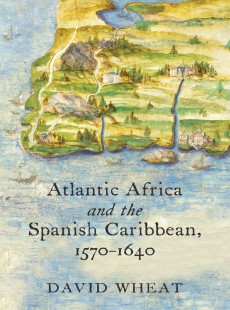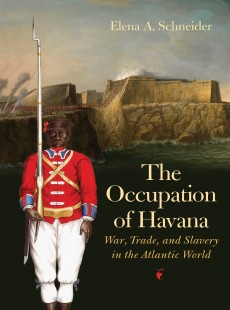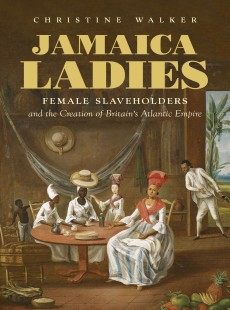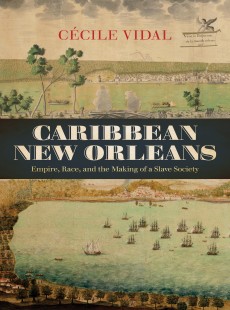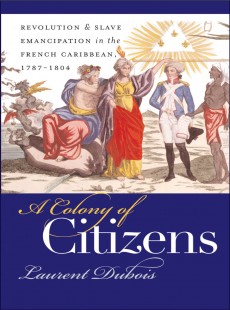
A Colony of Citizens
Revolution and Slave Emancipation in the French Caribbean, 1787-1804
Laurent Dubois
Paperback Price: $42.00 ADD TO CART
 Publisher: Omohundro Institute
Publisher: Omohundro Institute
Imprint: OIEAHC
Published: 03/2004
Reprint: 2004
Pages: 472
Subject: African & African Diaspora Studies,Latin American & Caribbean Studies,European History
Paperback ISBN: 9780807855362
eBook ISBN: 9780807839027
DESCRIPTION
The idea of universal rights is often understood as the product of Europe, but as Laurent Dubois demonstrates, it was profoundly shaped by the struggle over slavery and citizenship in the French Caribbean. Dubois examines this Caribbean revolution by focusing on Guadeloupe, where, in the early 1790s, insurgents on the island fought for equality and freedom and formed alliances with besieged Republicans. In 1794, slavery was abolished throughout the French Empire, ushering in a new colonial order in which all people, regardless of race, were entitled to the same rights.
But French administrators on the island combined emancipation with new forms of coercion and racial exclusion, even as newly freed slaves struggled for a fuller freedom. In 1802, the experiment in emancipation was reversed and slavery was brutally reestablished, though rebels in Saint-Domingue avoided the same fate by defeating the French and creating an independent Haiti.
The political culture of republicanism, Dubois argues, was transformed through this transcultural and transatlantic struggle for liberty and citizenship. The slaves-turned-citizens of the French Caribbean expanded the political possibilities of the Enlightenment by giving new and radical content to the idea of universal rights.
LEARN MORE ABOUT THIS BOOK
ABOUT THE AUTHOR
Laurent Dubois is professor of history and Romance studies at Duke University. He is author of Les esclaves de la Republique: l'histoire oubliee de la premiere emancipation, 1789-1794.
AWARDS
John Edwin Fagg Prize, American Historical Association (2004)
David H. Pinkney Prize, Society for French Historical Studies (2005)
Frederick Douglass Book Prize, Gilder Lehrman Center for the Study of Slavery, Resistance, and Abolition (2005)
REVIEWS
"A milestone in the ever-expanding historiography of Atlantic slave emancipation. . . . Exhaustively researched, richly detailed, and superbly written."
--The International Journal of African Historical Studies
"An outstanding contribution to Caribbean historiography and Dubois has arguably written one of the best monographs on the Age of Revolution to date."
--Estudios Interdisciplinarios de America Latina y el Caribe
"An impressive, erudite and engaging work. . . . Will undoubtedly be considered provocative. . . . Meticulously researched and well-written. . . . Exemplary. . . . Makes a significant contribution to Atlantic history."
--The Southern Quarterly
"A rich and important study on Guadeloupe . . . during the Revolutionary period. . . . An extended and subtle analysis of the changing meaning of republicanism and race. Opens the door to such future research, and not just fills the gap in the historiography but firmly places the question of the universality of the Revolution at the forefront of historical research."
--Latin America and the Carribbean
"Elegantly written and meticulously researched . . . will be regarded as the standard account for some time to come. . . . Dubois has done a marvelous job."
--William and Mary Quarterly
"An inherently fascinating tale, and one rich in significance for our understanding of the history and legacies of slavery and racism, revolution and enlightenment, and democracy and human rights. . . . Beautifully written and exhaustively researched. . . . One hopes that . . . the book will be read across the traditional geographic boundaries of the academy."
--The Americas
RELATED TITLES



